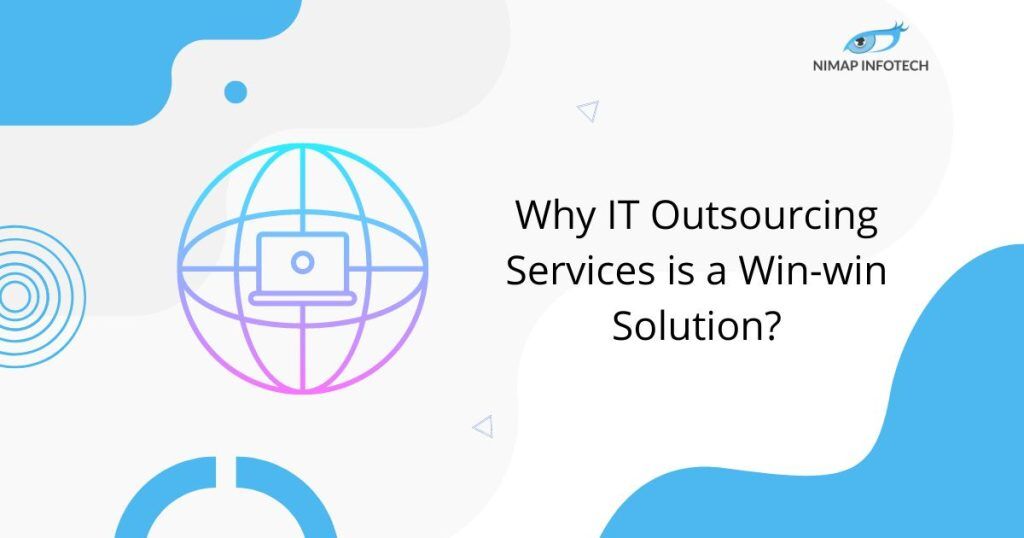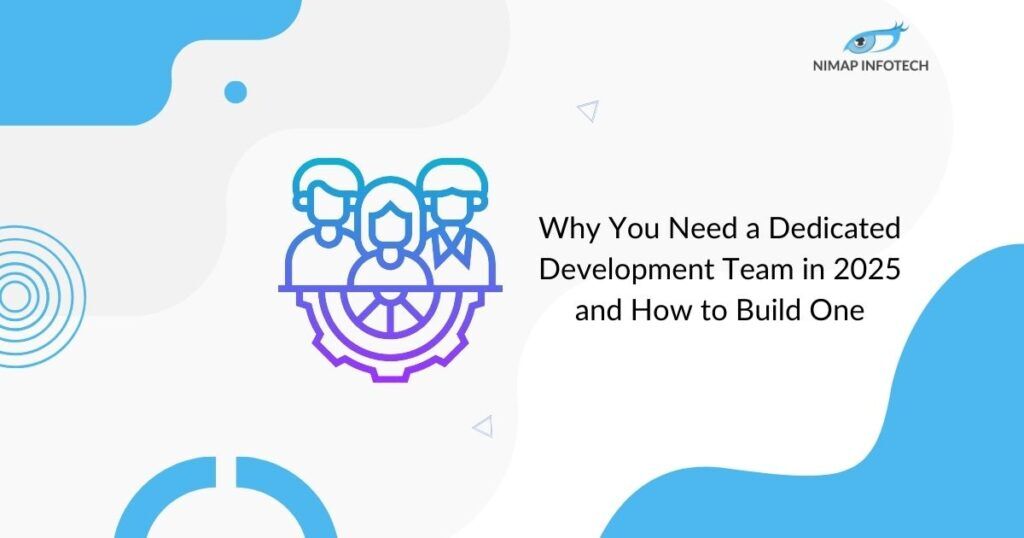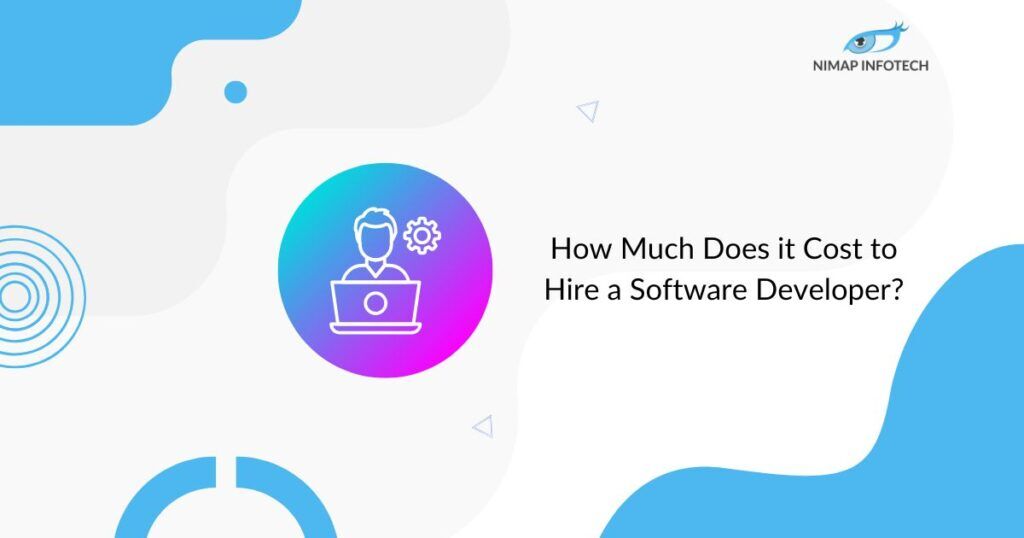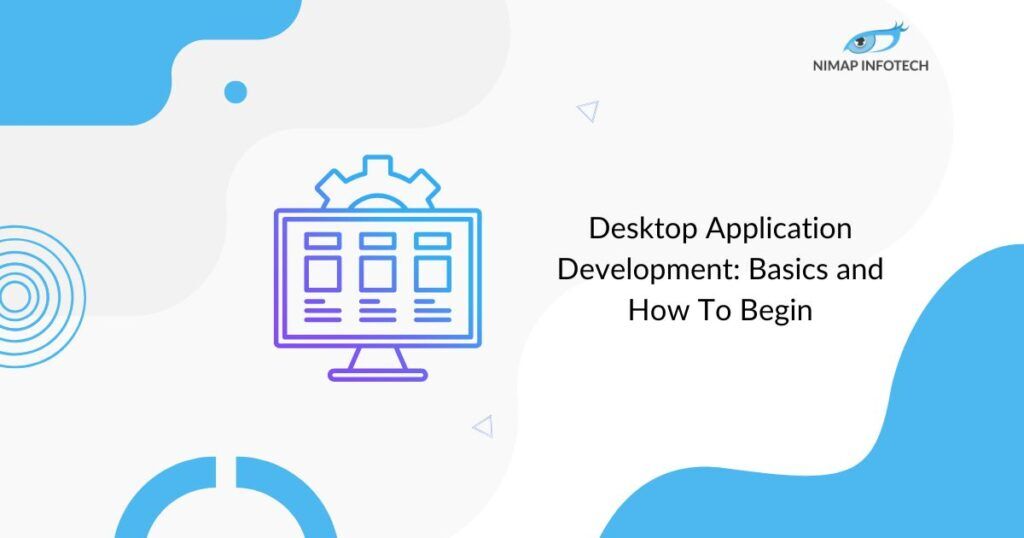Most of these web frameworks come with its own set of advantages and disadvantages. Many developers and programmers often consider the disadvantages to be too insignificant in relation to the benefits it offer.
We are going to discuss one such framework that has become recently popular for web development, this is the Laravel framework. Pros and Cons Laravel.
To fully understand the intricacies of a framework, it is crucial to have a comprehensive understanding of its fundamental aspects.
Table of Contents
ToggleWhat is Laravel?
Laravel is a web application framework that provides an expressive and elegant syntax. The developers of Laravel believe that web development is a creative and innovative process and must remain fulfilling and satisfying. Laravel attempts to ease the development process by attempting to remove the pain in web development.
This tool simplifies common web development tasks like routing, caching, authentication, and sessions, which find frequent use in most web projects.
The aim of Laravel is to make the developer experience a pleasing one without sacrificing the application functionality. Laravel believes that happy developers make the best code.
It is accessible, yet powerful, and provides powerful tools to design robust and large applications.
Developers are equipped with essential tools like a super inversion of control container, an expressive migration system, and tightly integrated unit testing support for web application construction.
Modern frameworks are versatile and capable of tackling any web programming task, offering a range of advantages and disadvantages.
Every framework offers alternatives to address its set of drawbacks, allowing developers to work around them and minimize their impact.
Also Read: What are the benefits of using Laravel over plain PHP?
Pros and Cons Laravel
Laravel Pros:

-
- This framework is tailored to PHP-loving web developers, catering to their specific preferences.
- Laravel is the best Hire PHP Developer framework with an abundance of different tools available
- The main feature of the framework is that it is easy to learn. The user documentation is thorough and is in its simplest form. PHP screencasts make it convenient enough to grasp.
- It provides an MVC or Model View Controller structure. Through this action, it eliminates the presence of messy architectural arrangements in which PHP code and HTML code coexist within a single file.
- Elegant ORM or Object Relational Mapping support– This is another service that is provided to automate and abstract the model part. To express a simple convention over the configuration technique, the application performs mapping and establishes relationships with the database. The ORM engine makes it easy to create any kind of relational database.
- The blade template engine provides an easy experience to add any kind of logic into the HTML file. The process of adding new features to applications has become more efficient and secure without the need for core hacking.
- Routing: It has become very easy to manage as well as abstract the Routing process. It has just made every process hassle-free and the provided abstraction takes out each and every complexity level. Laravel’s exceptional queue management enhances user response time by efficiently abstracting non-essential tasks and processing them in the background within the framework.
- Laravel provides built-in support for the Redis application and it can also be extended to Memcached.
- Dependency Injection– Laravel provides a simplified way for any kind of dependency injection.
- It furnishes a user-friendly testing environment and enables the automation of dependency loading as well.
- Artisan– Developing command-line apps can be a breeze. It provides an outstanding Artisan CLI that comprises advanced tools that enable you to do tasks and migrations.
- Bundles and Composer offers a modular packaging method, featuring a diverse range of bundles and their corresponding dependencies. The bundled modularity makes code reuse without much hassle.
- The execution of web applications is fast.
- Laravel fulfils the requirements of major web applications.
- Laravel is perfect for small and medium-sized web applications.
Recommended Reading: Why Laravel Is Perfect for Web Development
Laravel Cons:

- Laravel, lightweight yet supportive, pose integration challenges.
- Laravel’s core files do not consistently utilize a namespace slash at the beginning of calls to other core files, which can make class extensions more intricate. The issue is not of significant importance and may not be a significant concern for many developers.
- Composer’s strength falls short of tools like npm, RubyGems, and pip for hiring Node.js or Python developers.
- Development in comparison to Ruby on Rails is not as swift.
- It is quite slow and a new platform for developers to deal with
- Newbie developers face difficulties in extending codes and classes.
- In comparison to other platforms, there is a limited availability of widespread community support.
- Many methods included in the reverse routing process are complex.
- Transferring legacy systems to Laravel is not an easy task.
Don’t forget to Read: Laravel VS NodeJS
Conclusion:
We have discussed the various Pros and Cons of Laravel. We hope you found this article informative and useful. If You found this article useful, do check out our other articles. If you’re looking to hire Laravel developers for your next web application, do contact us. We will get you in touch with our expert backend development team, who will guide you in developing your web application.
Author
-

Sagar Nagda is the Founder and Owner of Nimap Infotech, a leading IT outsourcing and project management company specializing in web and mobile app development. With an MBA from Bocconi University, Italy, and a Digital Marketing specialization from UCLA, Sagar blends business acumen with digital expertise. He has organically scaled Nimap Infotech, serving 500+ clients with over 1200 projects delivered.
View all posts








